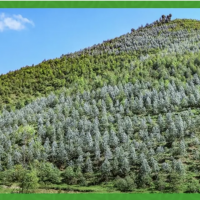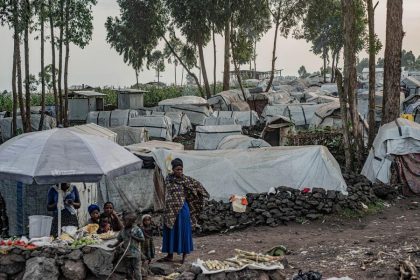International Women’s Day is a worldwide event that celebrates women’s achievements – from the political to the social – while calling for gender equality.
It has been observed since the early 1900s and is now recognised each year on March 8. It is not affiliated with any one group, but brings together governments, women’s organisations, corporations and charities.
The day is marked around the world with arts performances, talks, rallies, networking events, conferences and marches.
The original aim – to achieve full gender equality for women the world – has still not been realised. A gender pay gap persists across the globe and women are still not present in equal numbers in business or politics. Figures show that globally, women’s education, health and violence towards women is still worse than that of men.
According to the World Economic Forum, the gender gap won’t close until 2186. On IWD, women across the world come together to force the world to recognise these inequalities – while also celebrating the achievements of women who have overcome these barriers.
According to a 2017 report by the World Economic Forum, it could still take another 100 years before the global equality gap between men and women disappears entirely.
In 2017, women effectively worked “for free” for 51 days of the year because of the gender pay gap.
Women are also paid less than half than men at some of Britain’s major companies, according to recent gender pay gap figures.
In 2017, women’s rights dominated the news, with a global reckoning on sexual misconduct rippling through industries.
Following the outpouring of allegations against Harvey Weinstein and other prominent men in power, the #MeToo movement gave a voice to women on the abuse and harassment they suffer in film, fashion, music, politics and art.
The Express News










